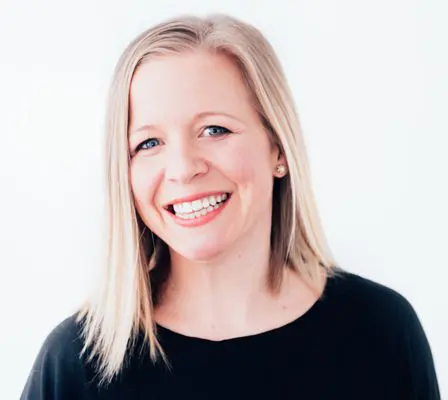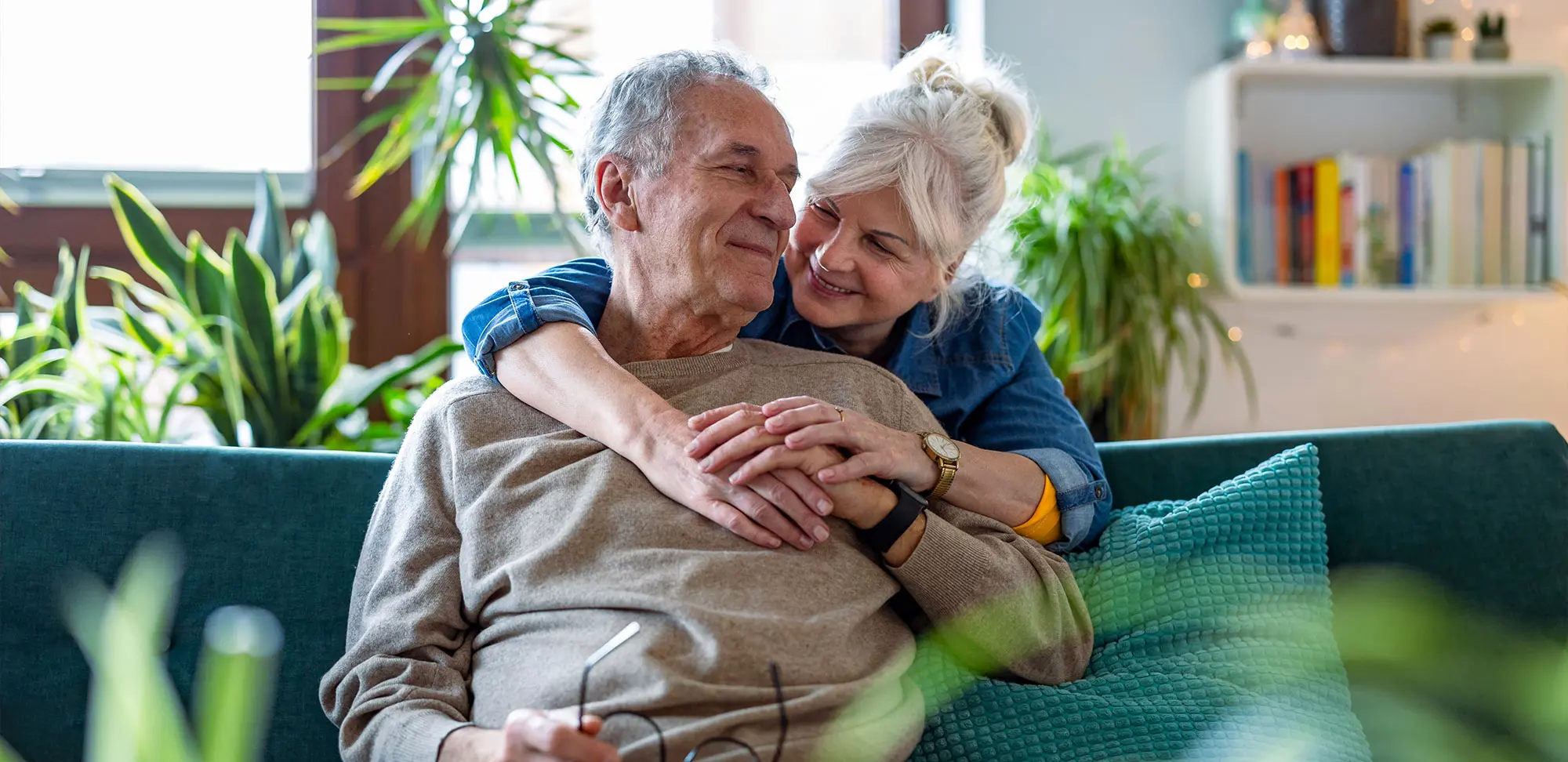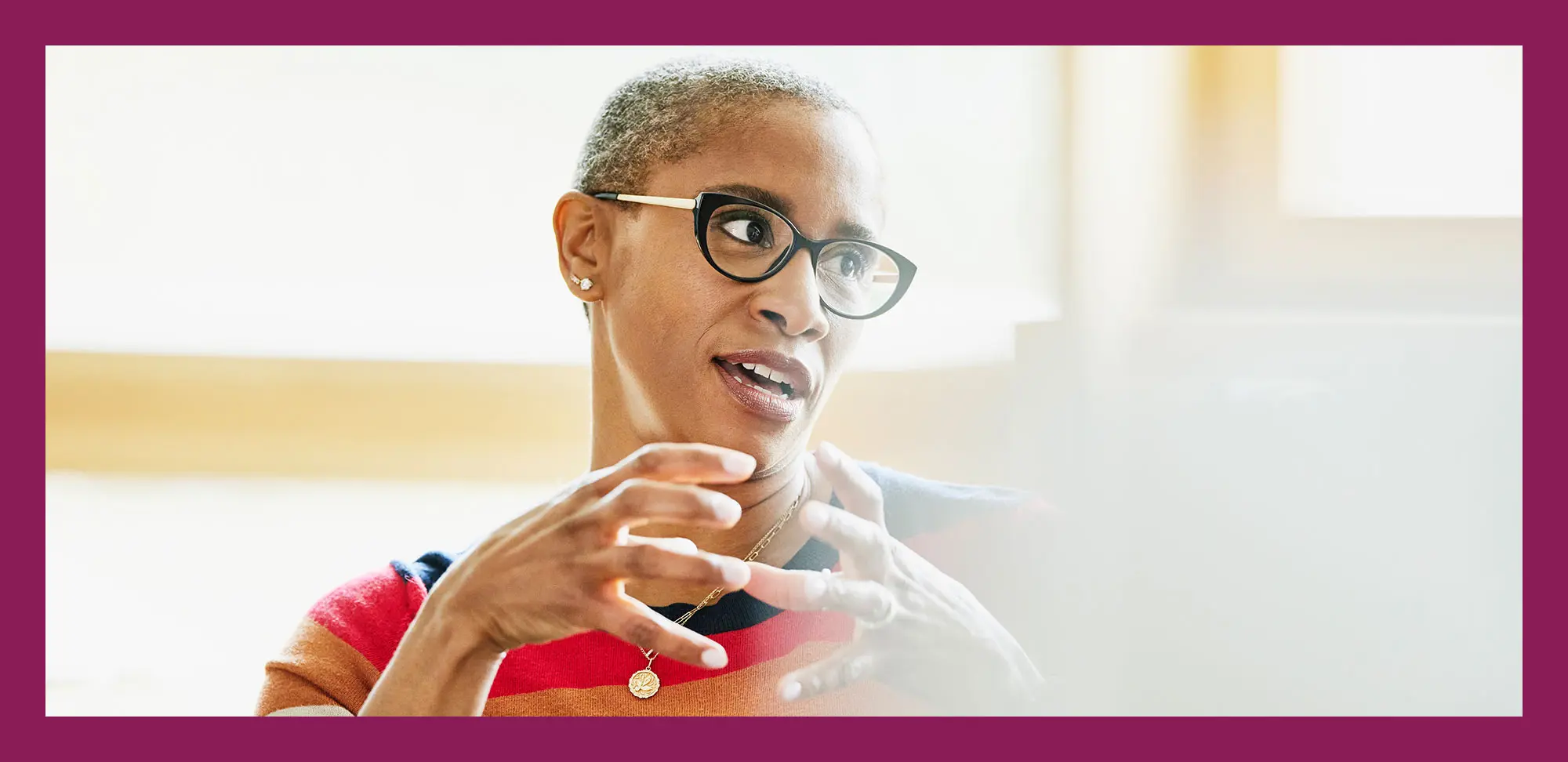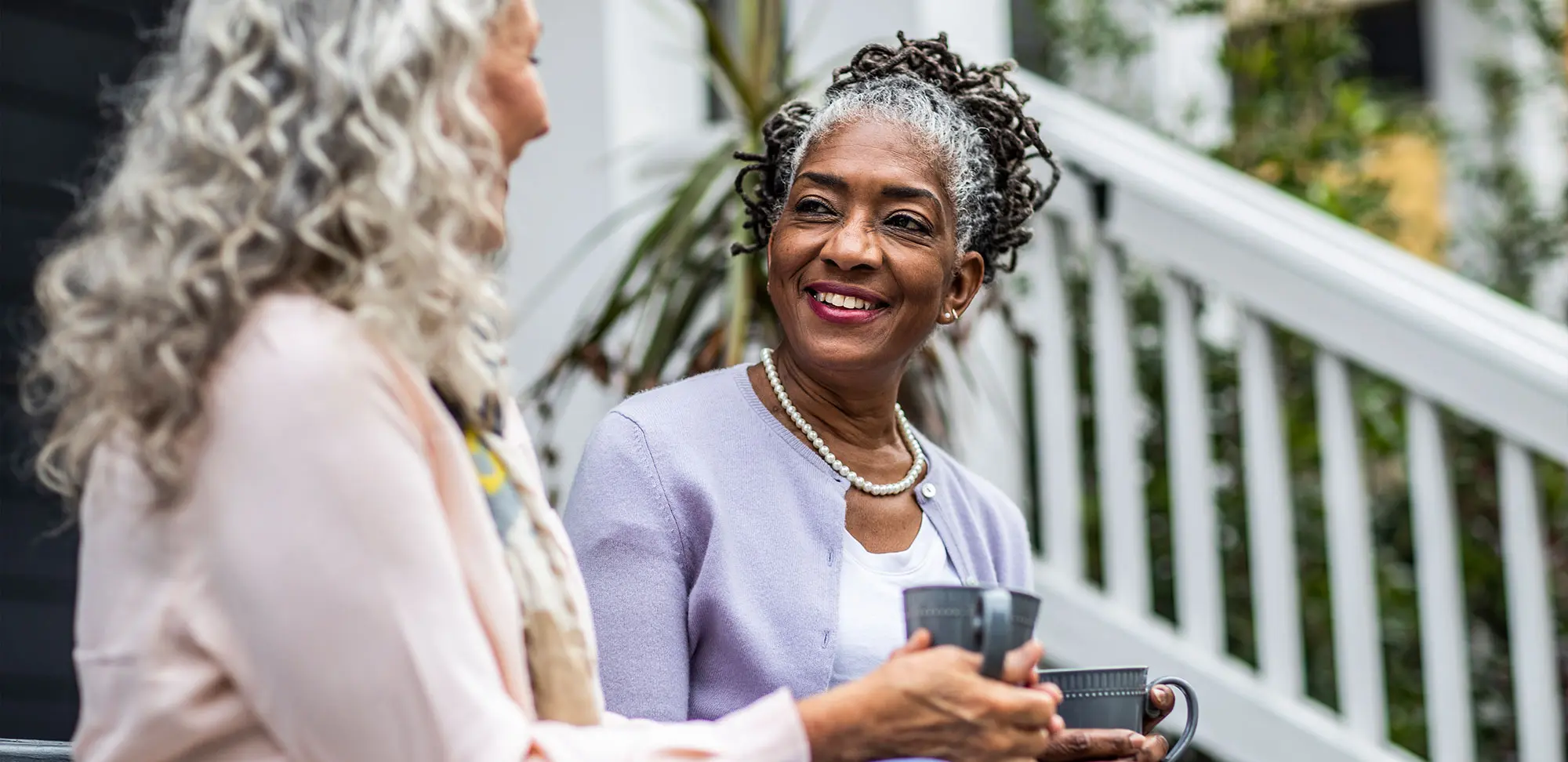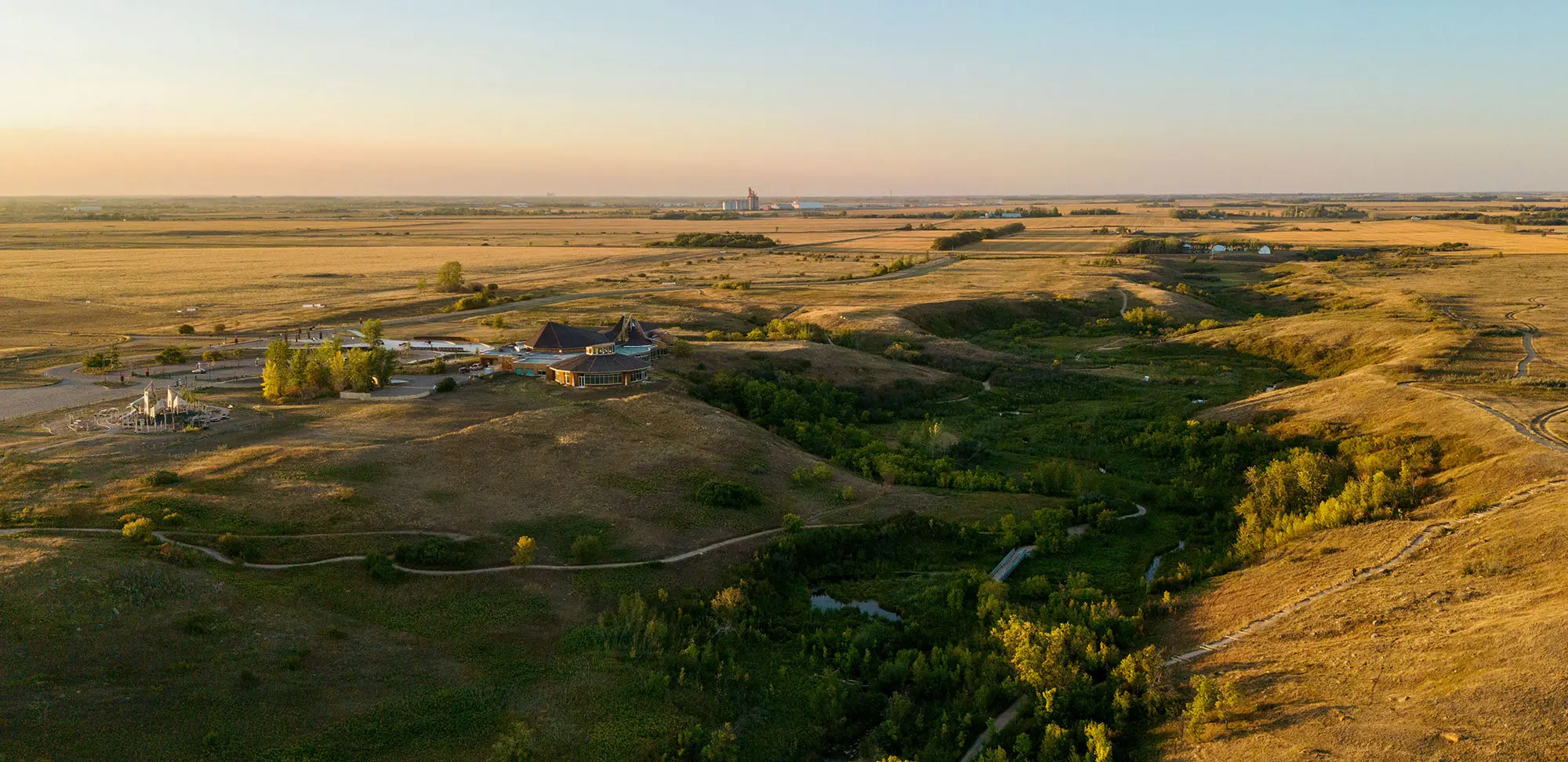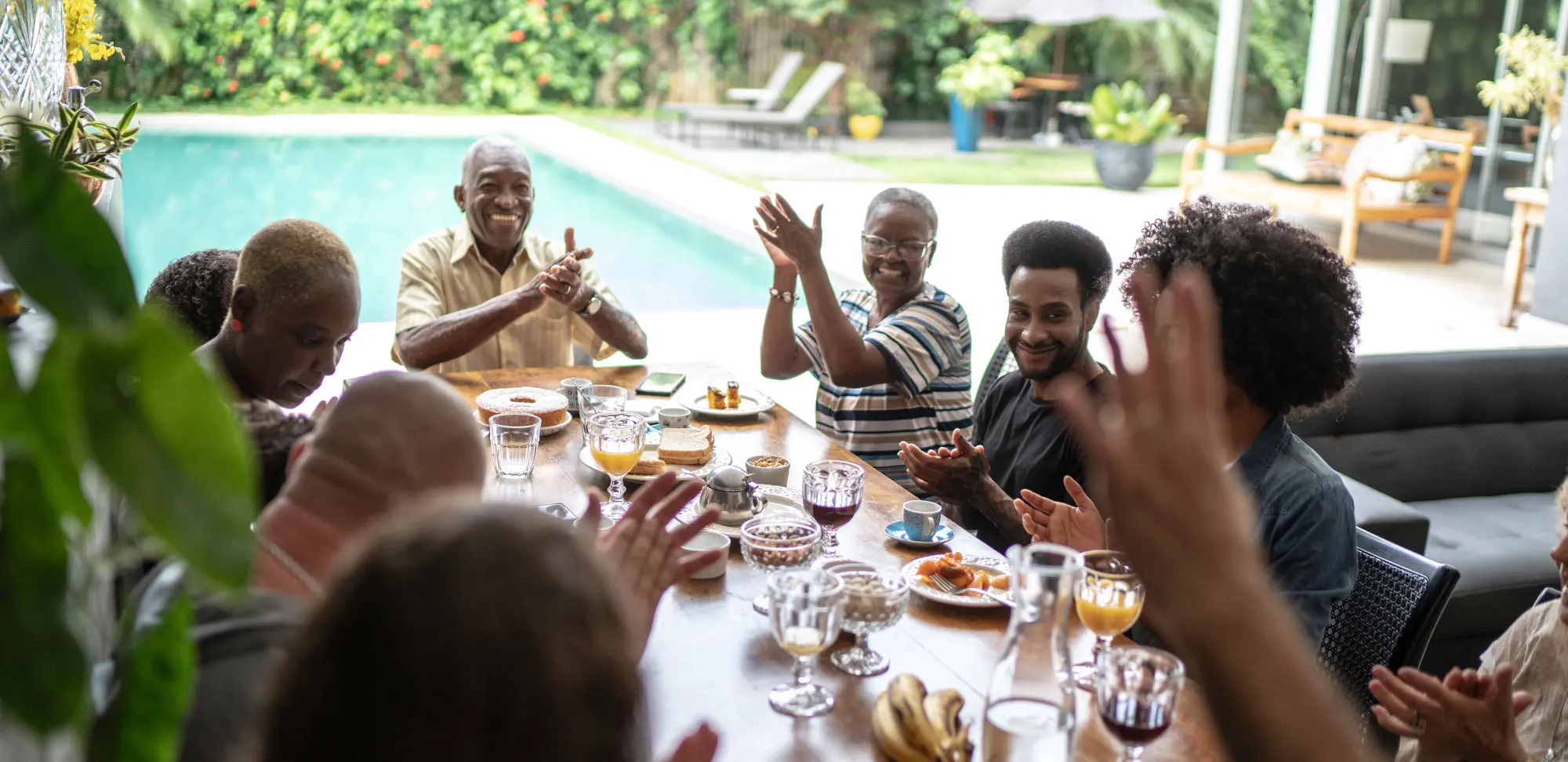You want retirement to be your prime time, right? Happy, healthy and, if not wealthy, at least comfortable — with the time to do what you want and the good sense to enjoy it.
But getting from where you are when you first retire — or start to think about retiring — to where you want to be can be challenging. What happens when you wake up to an empty day? No morning rush to work, no lunches with colleagues, no satisfaction in a job well done?
“A lot of people focus on the financial aspect of retirement,” says Cindy Brcko, a registered social worker who specializes in working with older adults. “Many of my clients say they worried about finances but, in retrospect, should have done more emotionally to prepare for this massive change.” In fact, reimagining your new life — who you will be and what you will be doing — might be the most important part of your retirement plan.
“Don’t overdo it with activities,” advises Linda Skeries (District 17 Simcoe County). “I didn’t realize how much my busyness was taking over my life and calendar until the pandemic hit and I was forced to stay home.”
Skeries and her husband kicked off their retirement with a move from Timmins, Ont., to Collingwood, Ont. Her busyness grew out of intentional efforts to make connections in her new community.
“When you’re retired and move to a new town, you have to go out of your way to find your people and make new friends,” she says. “I knew it would be harder, and it did take about a year to start making friends who I felt I could call up and say, ‘Hey, let’s do lunch.’”
Skeries found her people by pursuing one of her lifelong passions: music. She joined a band and eventually took over as conductor. She also joined choirs, started volunteering and joined the local PROBUS group, a social club for retirees. Before long, her calendar was full.
Reflecting now, she says she didn’t mind being busy at the time but suggests thinking long and hard about what and how much you want to do — and then sticking with it. “It can really run away from you, as it did with me,” she says.
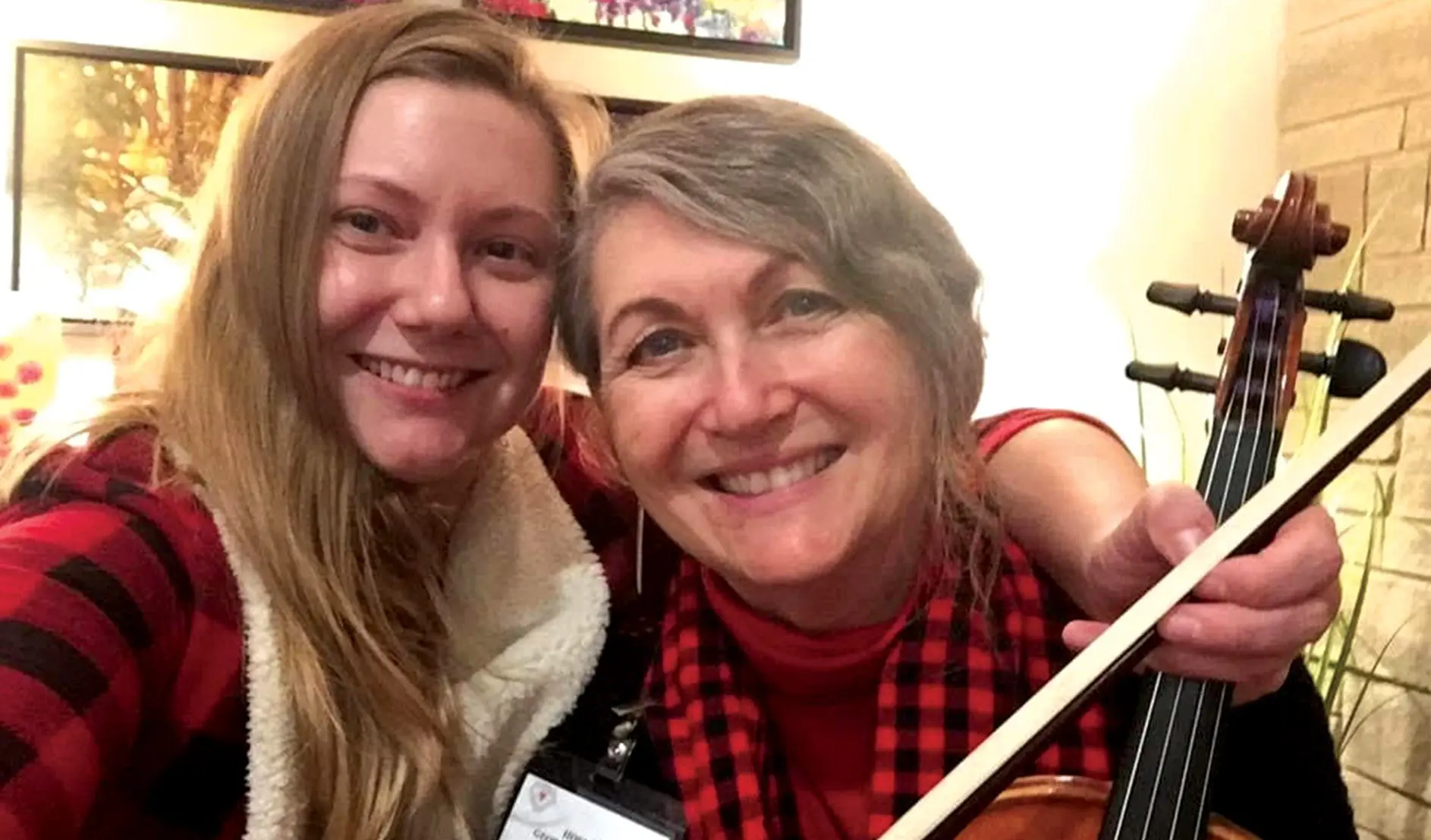
“You are so programmed to go on autopilot and follow a work routine that the new-found free time will seem strange to you,” says Lise Gravelle (District 43 Nipissing). But don’t commit to too much in the first year, she advises. Instead, learn how to relax, be spontaneous and find yourself again.
Gravelle retired as a principal and had spent many years at the same school. “I felt empty, like I lost my school family,” she explains. “I moped around the house. I did some cycling and some motorbiking. But I felt lost. For me, it was a big adjustment.”
Before long, though, opportunities started to appear. First, she discovered a crafting group. “I sew and knit and crochet, so I thought, ‘I can do that.’”
New friends at the crafting group led her to a local weaving studio. Gravelle had always wanted to try weaving, so she ordered a portable loom and signed up for classes. She also joined a local Club Action 50+ group and met with them to play the ukulele. (She’d taught herself to play using YouTube tutorials.) When the pandemic hit, she continued with her hobbies and found online programs to join.
“You’ll be amazed at the new opportunities that you’ll discover that you didn’t know were out there,” says Gravelle. “It’s not selfish to reserve that first year just for you. After all, that is what you worked toward.”
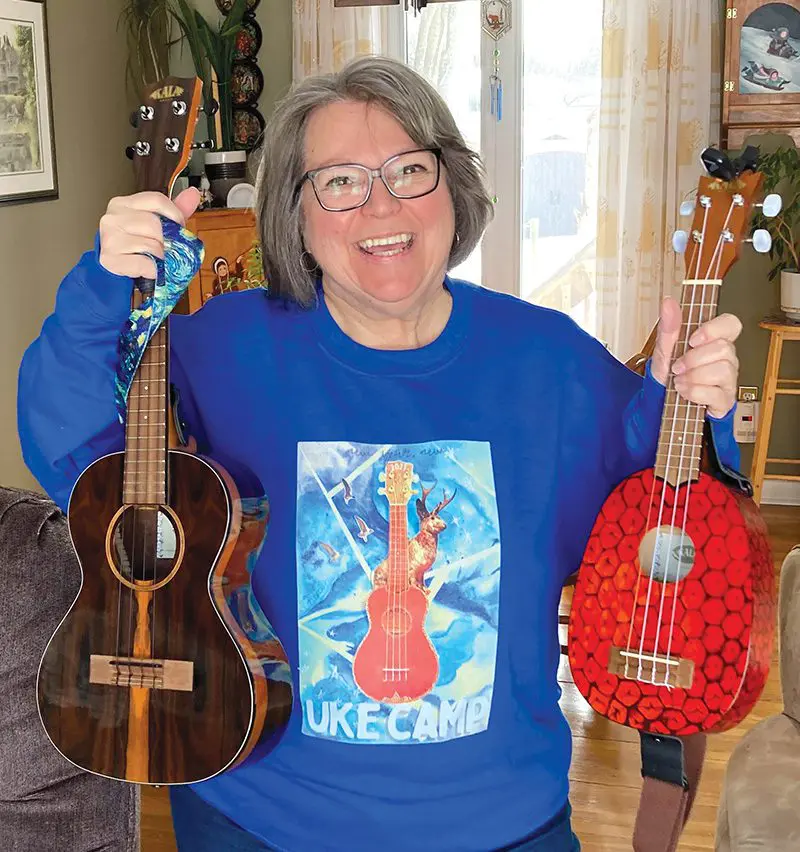
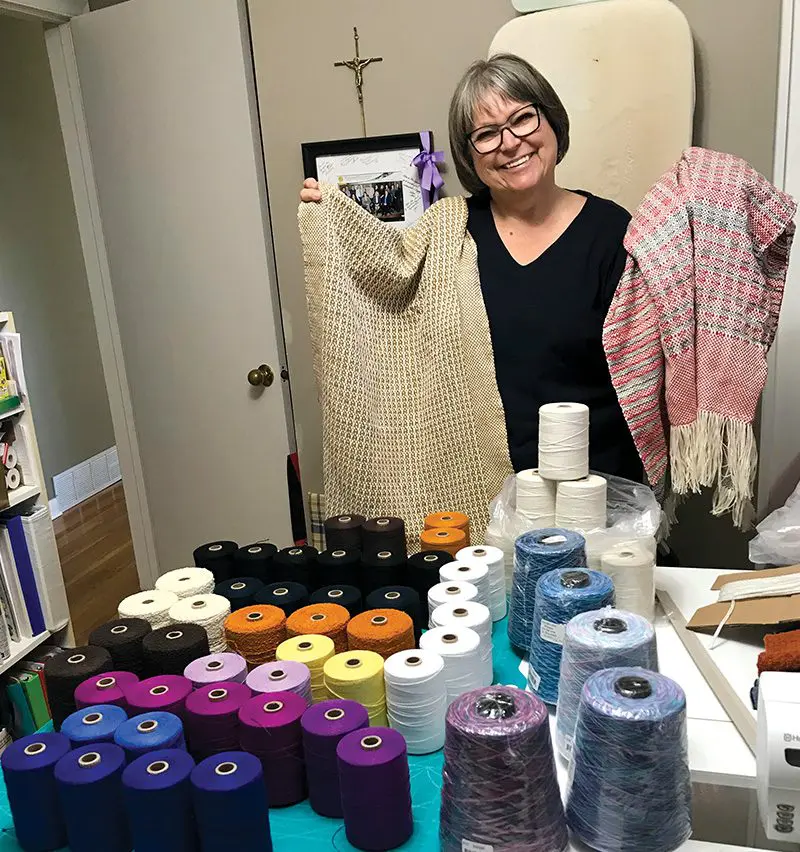
It’s not unusual to feel a sense of loss when you retire. “Our jobs and the roles we play are a part of our identity,” says Brcko. “When we’re no longer in these roles, it is not uncommon to question who we are. I would encourage newly retired folks to give themselves time to adjust and adapt. It’s important that people be patient and kind to themselves. A major life change like retirement can throw them off balance, but once they adjust to a new routine, things settle.”
“Your job is not your total identity,” says Carla Matos (District 37 Oxford). “You will not lose yourself but find more of yourself. Retirement provides opportunities for self-discovery.”
Matos had spent a lot of time thinking about retiring and says she remembers feeling afraid. “All kinds of people can say it’s great, but it really is the unknown,” she explains. “Who am I without this 24-7 job? Once I retired, I realized I had nothing to be afraid of — this is great. It was a lot easier to embrace the identity of retired teacher than I expected.”
But first, she had to work through feelings of failure and inadequacy. The last year of her long and rewarding career was very stressful. Matos had many students who needed additional supports, which weren’t available. “My inability to create the safe learning environment I wanted for my students caused me stress on a daily basis,” she says. “I had to deal with those feelings first.”
So Matos worked on not defining herself by that last year. She reminded herself of what she had accomplished throughout her career, including creating great classroom experiences, serving in central board office roles, teaching courses and writing articles. And she read books by Brené Brown, a vulnerability and shame researcher, and Kristin Neff, an expert on self-compassion. Matos’s daughter, Carly-Ann, a social worker, suggested the resources and was there to help reassure her mom along the way.
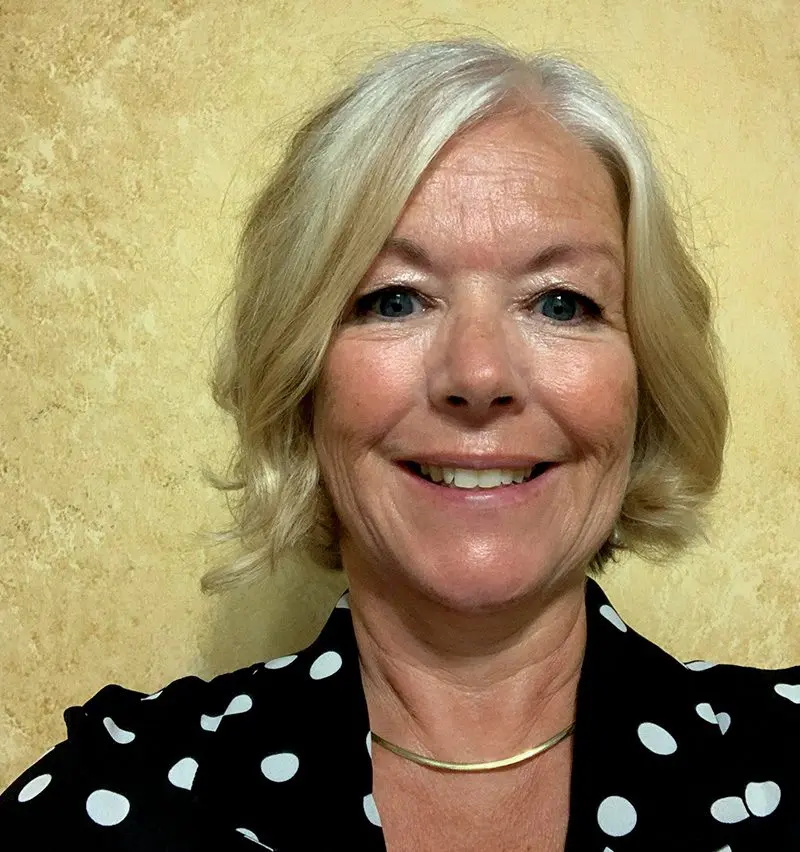
Matos has learned that she can do things she’s always wanted to do. “I’m able to take the time to practise mindfulness and take care of my physical and mental health much better,” she says. “I make sure I have my 30 minutes of exercise every day. It’s OK to make me a priority now. That was a really big discovery for me.”
The how and why of your retirement can impact your experience, Brcko says. If you’re newly retired, the pandemic may have created a sense of ambiguous loss, or a loss you aren’t able to experience closure on. “Normally, we’d go for dinner or have a party,” she continues. “And now it’s just, ‘Goodbye.’ It’s hard to not define your whole career based on that last experience.”
Whether you’re retiring on your own terms can also influence your emotions. Sometimes, people resent having to leave to take on caregiving responsibilities. Or they may be forced out of a job, with all the frustration and anger that accompanies that.
“Try to focus on the positives,” Brcko says. “I believe when a door closes, another one opens. With every loss, there are opportunities for growth.”
No matter the circumstances in which it happens, retirement does offer one positive: more time. “[I have] time for me, and time for figuring out how to honour the priorities I’ve always wanted to honour,” says Matos. “It has been awesome.”
Words of wisdom from RTOERO members who’ve been there
Enjoy that you control your time now. Appreciate the things you can do. You have earned this gentler lifestyle.
—Diane Mausser (District 27 Ottawa-Carleton)
Life is short. If you see an opportunity that looks interesting, jump in.
—Jan Haskings-Winner (District 24 Scarborough and East York)
Take six months to a year to decide what you want to do. Don’t jump in to something new — like volunteering, travel, writing or classes — until you have time to think.
—Pam Baker (District 50 Atlantic)
Take time to find your groove and a new routine. Get out and move in nature and invest in self-care, such as yoga or meditation.
—Karen Armstrong (District 29 Lanark)
Be very sure that you are truly ready to retire, or you may well regret missing out on another two or three years of productive and fulfilling work.
—Duane McDonald (District 16 City of Toronto)
Find a volunteer opportunity that is rewarding to others and gives you enjoyment, especially if you decide to make a major move and need to establish new friendships.
—Marg Gillies (District 1 Rainy River)
Have a plan. Do the things you always wanted to do but never had the time to do. Start a new hobby or resurrect an old one.
—Annette Lindsay (District 8 London, Middlesex)
Travel to a place of your heritage. Have a hobby. Get out and enjoy nature.
—Carolyn Romanin (District 14 Niagara)
Plan a future to look forward to
Download RTOERO’s social-planning e-book for a comprehensive guide to crafting a retirement you’ll enjoy. Find it on the Resources page on RTOERO’s website, rtoero.ca/resources.
When to reach out for more support
Social worker Cindy Brcko says feelings during the transition to retirement can range from excitement to relief to sadness to dread, which are all normal responses.
There is never a bad time to see a therapist. But when negative feelings interfere with day-to-day life and persist for two weeks or longer, it’s especially important to reach out for help.
Social work and psychology services are covered under RTOERO’s extended medical plan. Ask your family doctor for a referral or search online for someone who works with older adults. And you don’t have to limit your search to your local area: Although Brcko’s office is in Toronto, she’s been working virtually with clients throughout Ontario since the pandemic began. You can learn more about her practice at abctransitions.ca.
Tools to support your well-being
Fountain of Health, a Canadian non-profit started at Dalhousie University’s Department of Psychiatry, promotes well-being using the principles of positive psychiatry and cognitive behavioural therapy. The organization’s website (fountainofhealth.ca) and free Wellness App (wellnessapp.ca) offer evidence-based information about the impact our outlook and lifestyle have on health and well-being across five key domains related to healthy aging: social activity, physical activity, challenging the brain, taking care of mental health and positive thinking.
Three key steps are recommended to help you make the most of your retirement and can be completed on the Wellness App.
Step 1: Self-assess. Reflect on your current attitude, values and lifestyle across the range of key health domains for healthy aging (social, physical, cognitive, mental health and outlook).
Step 2: Set your goal(s). Identify one or more short-term or long-term objectives, and potential keys and barriers to success. Make sure these are SMART goals — specific, measurable, attainable, realistic/relevant and time-bound — to support your success.
Step 3: Track your progress. Create a support network and identify ways to monitor your progress. You can use Fountain of Health’s Wellness App to help you create a plan, whether you’re preparing for retirement or already retired.
Learn more about the Fountain of Health approach
Dr. Keri-Leigh Cassidy, founder of Fountain of Health, is a panelist for an upcoming RTOERO Vibrant Voices webinar: Paths to Wellness for Older Persons: Mind, Body, Spirit on Nov. 3, 2021. Learn more and register at vibrantvoices.ca.

